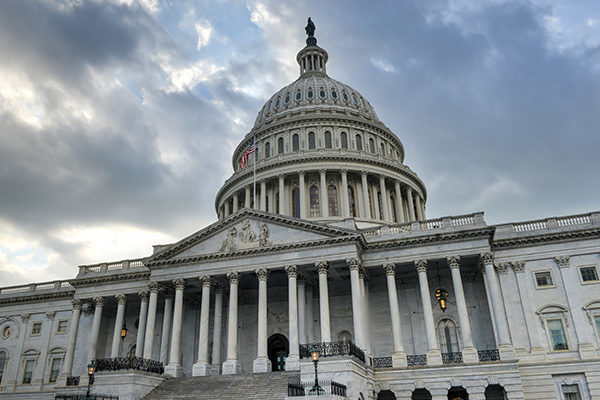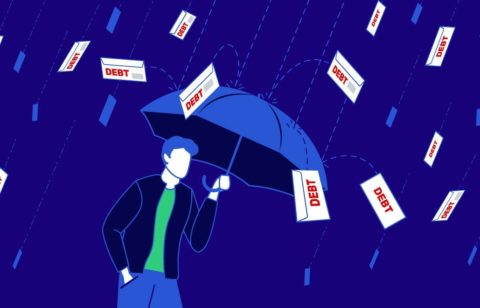After the government shutdown, the United States is now facing another problem in the near future. According to an article from Money.CNN.com, the country is approaching yet another financial issue that has to be solved: the debt ceiling.
We are still reeling from the effects of the government shutdown because the House and the Senate were unable to set a budget to fund the different agencies that function in our government. The effects went beyond the non-essential employees that were sent home because of this issue. Private companies who relied on government contracts had to suffer because the agencies they were catering to is shut down. And a lot of businesses who rely on tourism revenues from national parks, museums, and other government operated establishments will have to suffer as well. Not to mention the thousands of foreign tourists who traveled thousands of miles only to be barred from enjoying the attractions that had to close because of the government shutdown.
With these effects still fresh, can we really afford the negative backlash that the debt ceiling will give us?
When the government spends more than what it takes in
But what exactly is the debt ceiling? Wikipedia defines the US debt ceiling as the restriction on the national debt that the Treasury can issue. This is all decided by a legislative body. The Wikipedia page continues to explain that the expenses of the federal government are authorized by legislators and the debt ceiling does not restrict deficits. Because of this, the debt ceiling only restrains the payment for incurred expenses that the Treasury has to pay for. In the past, the government reached the debt ceiling only three times: 1995, 2011 and now in 2013. In fact, we already reached the limit last May of 2013.
The bottom line here is that the government incurs a lot of debt that they are having a hard time paying off. Whether it is the country or an individual consumer, having too much debt is never a good thing. Let us break it down to include the whole scenario that led to the 2013 debt ceiling issue.
-
For quite some time, the US government has been spending more than what it is earning from taxes.
-
Things got worse during the recession when the government was forced to support a lot of debts to avoid the collapse of the credit industry as consumers defaulted left and right.
-
This increased the spending exponentially even as taxes are lowered to help creditors and lenders recoup their losses.
-
This means the income (taxes) of the government decreased while the expenses increased because of the guarantee that the government had to provide consumer loans (FHA, VA, Student loans, etc).
-
This deficit means the government keeps on incurring debt and that debt is continually growing.
-
The country’s legislative body set a debt ceiling that serves as the limit for that accumulating debt.
-
When the country reaches that debt ceiling, two things must happen to avoid default: the income must be raised or the spending must be reduced.
What will happen if the government reaches the limit of the deficit?
So what will happen if the government reaches the debt ceiling? Well, we can probably assume that it will be a disaster once more. You need to know these things because you have to be prepared for any crisis that it could trigger. It may seem pessimistic but being prepared is what will help you survive a looming financial crisis.
Just like a consumer must earn more or cut back on spending, the country must either increase their cash inflow or reduce what is going out. On a national scale, this is what it means.
Increase taxes
If the Congress decides to increase the government revenues, that means more taxes. Given the high debt ceiling, this increase will have to be a significant amount. When taxes increase, the net income of worker will be reduced. That could lead them to incur more debt just to make ends meet. When business taxes increase, product prices will rise and that will affect the budget of every consumer as well.
Reduce government spending
For the other option, the government has the option to reduce spending. That means fewer benefits for the people who need it the most. That also means debt guarantees will be reduced. That can cause private lenders to increase interest on loans to cover potential losses. It could also mean a lower income for government employees and fewer funds for innovative projects.
Of course, these are just a few of what the two options will do to the country. This is why the government has to do something about the debt ceiling. The issue is either to raise the ceiling or come up with a way to stop spending more than what the government is earning. If the government defaults on their debts, that can lead to bigger financial problems. If this is not resolved, it can be the start of another recession that will crash the stock market, lower the dollar value and possibly increase unemployment. Given the current condition of our economy, the country will have a very hard time surviving another financial crisis.





